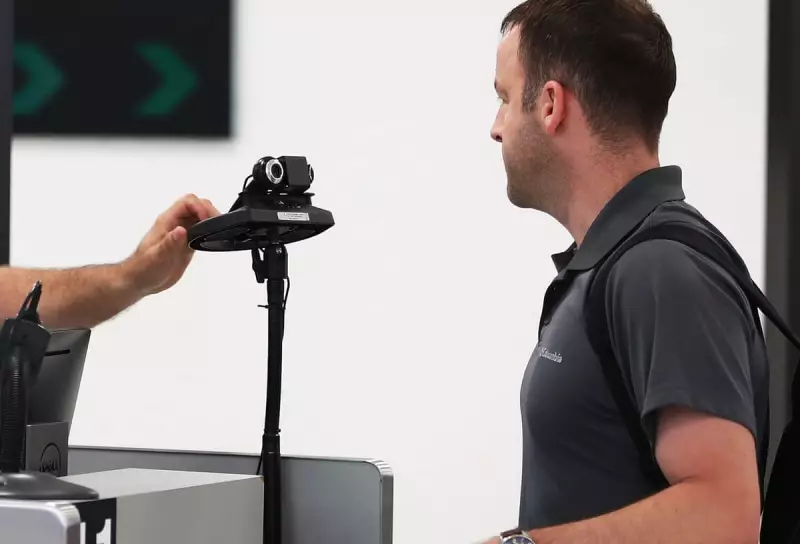
The United States is accelerating the rollout of controversial facial recognition technology at its border entry points, implementing a sweeping new mandate that will affect millions of international travellers, including British citizens visiting America.
Biometric Screening Becomes Standard Procedure
Under the expanded programme overseen by the Department of Homeland Security (DHS), nearly all passengers arriving on international flights will be required to undergo facial recognition scans. This represents a significant escalation of the US government's biometric border control efforts, moving from pilot programmes to standard operating procedure at major airports nationwide.
Privacy Advocates Sound Alarm
Civil liberties groups and privacy watchdogs have expressed grave concerns about the rapid expansion. "This constitutes one of the most substantial expansions of government surveillance power in recent years," warned a spokesperson for the Electronic Frontier Foundation. "Travellers are essentially being compelled to submit to biometric capture without adequate privacy safeguards or consent mechanisms."
How the Technology Works
The system operates by comparing real-time photographs of travellers against existing government databases, including visa and passport records. While authorities claim the technology enhances security and streamlines processing, critics highlight several worrying aspects:
- Limited opt-out provisions: Travellers face significant hurdles if they wish to decline biometric scanning
- Data retention concerns: Uncertainty surrounds how long facial recognition data is stored and who can access it
- Accuracy questions: Studies have shown varying accuracy rates across different demographic groups
Implications for UK Citizens
For British travellers, this development means that trips to the United States will now routinely involve submitting to facial recognition scans. The move comes amid ongoing tensions between privacy rights and security measures in the digital age, raising important questions about how personal biometric data should be protected across international borders.
As the programme rolls out more broadly, privacy advocates are calling for greater transparency about data protection measures and clearer guidelines for travellers concerned about their digital privacy rights.





